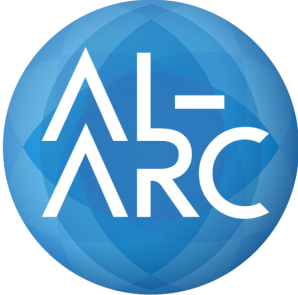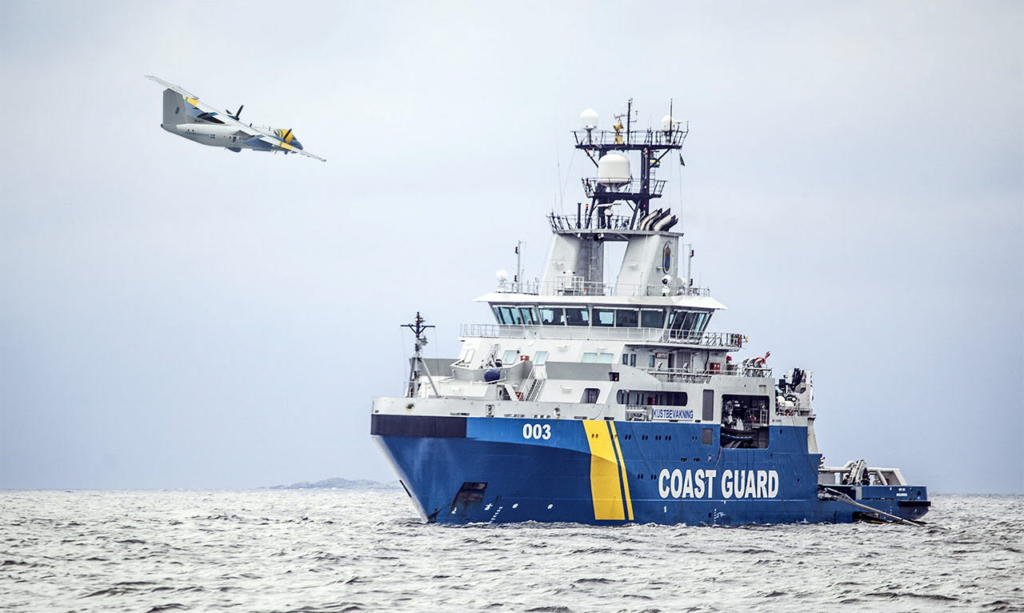
We caught up with Pontus Svenson, Senior Researcher, RISE, Daniel Larsson, Administrator, Swedish Coast Guard, Else Timms, Funding Strategist, Strategic Planning and Analysis Unit, Swedish Coast Guard who are hosting and key organisers or the AI-ARC projects’ Baltic Demonstration which takes place from the 20th -21st of September 2023 in Karlskrona, Sweden. The main focus of the demonstration will be on anomaly detection such as illegal fishing, smuggling or threats to critical underwater infrastructure.
Can you give some background to The Swedish Coastguard? What are some of your main activities?
The Swedish Coast Guard works for a sustainable environment and safety at sea. The national authority has approximately 850 employees and the fleet consists of approximately 30 large vessels, 40 smaller vessels and 3 aircrafts. Apart from emergency preparedness, as the largest civilian responder at sea the everyday work consists of a variation of tasks and also requires cooperation with many other national and international organizations and authorities.
The Coast Guard is responsible for general maritime surveillance, the combatting of pollution such as oilspill, but also the combatting of other criminal offences committed in the maritime environment connected to border control, fishing, transporting of goods. Within the area of maritime surveillance, the Coast Guard is responsible for the maritime situational picture. This is done in a surveillance system called Sjöbasis, in which an anomaly detection service is currently being improved and developed within the AI ARC project. When done the function will facilitate the planning of actions and prevent accidents, which will lead to improving the general safety at sea.
Can you give some background to RISE? What are some of your main activities?
RISE is Sweden’s research institute and innovation partner. Through our international collaboration programmes with industry, academia and the public sector, we ensure the competitiveness of the Swedish business community on an international level and contribute to a sustainable society. Our almost 3300 employees engage in and support all types of innovation processes. RISE is an independent, State-owned research institute, which offers unique expertise and over 130 testbeds and demonstration environments for future-proof technologies, products and services.

Can you describe in more detail The Swedish Coastguard ‘s role in the AI-ARC project and your involvement in the AI-ARC Baltic demonstration?
The Swedish Coast guard is an end-user of the system developed in the AI-ARC project. At a general level we are contributing with a user’s perspective but also contributing with our knowledge as a Coast Guard. We contribute to the knowledge of certain use cases and scenarios. Our main focus is on the Baltic and illegal activities like illegal fishing, smuggling, environmental violation and threats to critical infra structure under water. We have our own maritime surveillance system which we are continuously upgrading with new functionalities. Therefore we are also hoping to be able to use some of the outcomes from the AI-ARC directly in our system. There is a period of testing of the system coming up and it feels like it is the last major contribution to be done by us as a Coast Guard competence in the project.
The Baltic Demo will be hosted in Karlskrona and we are planning it together with the involved partners, especially RISE. There isn’t really much to add as an end user at this stage in the project I suppose. We are listening in and contributing when needed. As of right now we are mostly focusing on practical things on site in Karlskrona to be done.
Getting the right people with interest in this kind of development is one important part for us in the demo. This is challenging and intriguing since our view of things doesn’t necessarily mean that our close partners have the same view. But hopefully we have gathered the right ideas and info from some of our authorities we cooperate with closely!.
The goal is to increase the situational awareness of maritime surveillance operators and criminal investigators.
Pontus Svenson, RISE
Can you describe in more detail RISE’s role in the AI-ARC project and your involvement in the AI-ARC Baltic demonstration?
RISE is involved in the technical work of AI-ARC, with a focus on developing anomaly and intent detection methods. The goal is to increase the situational awareness of maritime surveillance operators and criminal investigators. In AI-ARC, we are extending previous work on AI and anomaly detection for maritime surveillance and integrating our framework for detecting criminal activities by combining multiple weak signals with the anomaly detection methods developed by other partners.
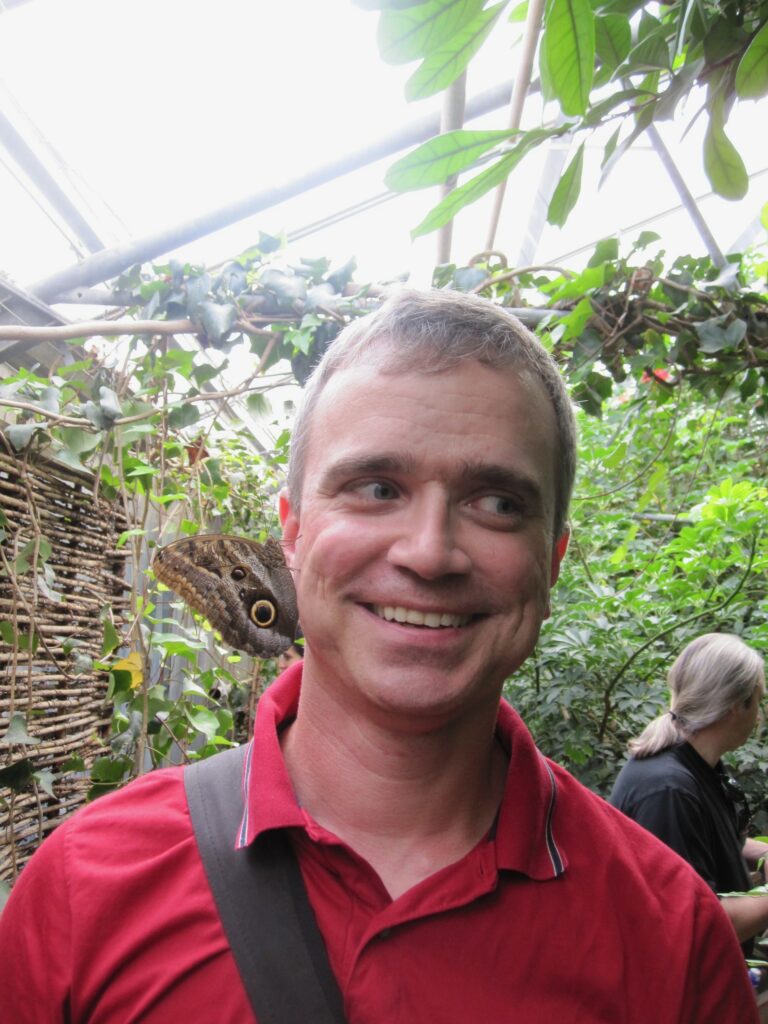
You could easily picture yourself in a virtual world adding all kinds of functionalities like moving around on the ship sweeping the deck to remotely navigating the ship.
Daniel Larsson, Swedish Coast Guard
What do you find 1) most interesting and 2) most challenging about The Swedish Coastguards’s role in the AI-ARC project?
There is an intriguing variety of competences included in this project. Contributing to a vast palette of possibilities. Since we are standing on a high TRL we are kind of trying to find our specific angle to an almost ready system. This is both interesting and challenging.
These kind of big EU-projects need good coordination. It is a challenge trying to keep up and it is interesting to be part of such a diverse group trying to unit in a common cause. Adding complexity by different professions, EU member states and languages. That’s not an easy thing to do.
Suggesting needs and understanding what could be done with different systems, I have to admit, it is a bit tricky. From the end user perspective it is both interesting and challenging to understand all the technologies spoken of and interpreting to a usable understanding on our end.
In the end isn’t it all about minimizing one’s “mind gap”. I mean take the visualization module called the virtual control room. You could easily picture yourself in a virtual world adding all kinds of functionalities like moving around on the ship sweeping the deck to remotely navigating the ship. We are getting there, I believe, but first we are gathering around a virtual table to be able to communicate, actually talk to each other’s avatar, see and touch the same map table. State of the art I guess but still amazing!
What do you find 1) most interesting and 2) most challenging about RISE’s role in the AI-ARC project?
RISE: As always in international cooperation projects, the collaboration with other researchers is both the most interesting and the most challenging part. Interesting, because we learn from each other and discover new ways of thinking that improve both our individual research and the combined result. And challenging, because we all have different ways of working and expressing ourselves. While we are all fluent in English, it always adds a layer of complexity to explain our ideas in a non-native language.
The combination of the different AI methods developed by different AI-ARC partners will enable us to show how a system-of-systems based maritime surveillance solution can enable security and law-enforcement agencies in different countries to collaborate for mutual benefit.
Another real challenge in the project has been the difficulties in getting real data to work on, and to be able to share that data with all project partners. There is as ever a strong need to go from the “need to know” to the “need to share” mindset in the security domain.
What is your Individual research/ technical interests?
Daniel: To get a “better” situational awareness. Upgrading the decision making systems continuously. We are doing this within the Swedish Coast Guard but we also need to be aware of other possibilities being developed.
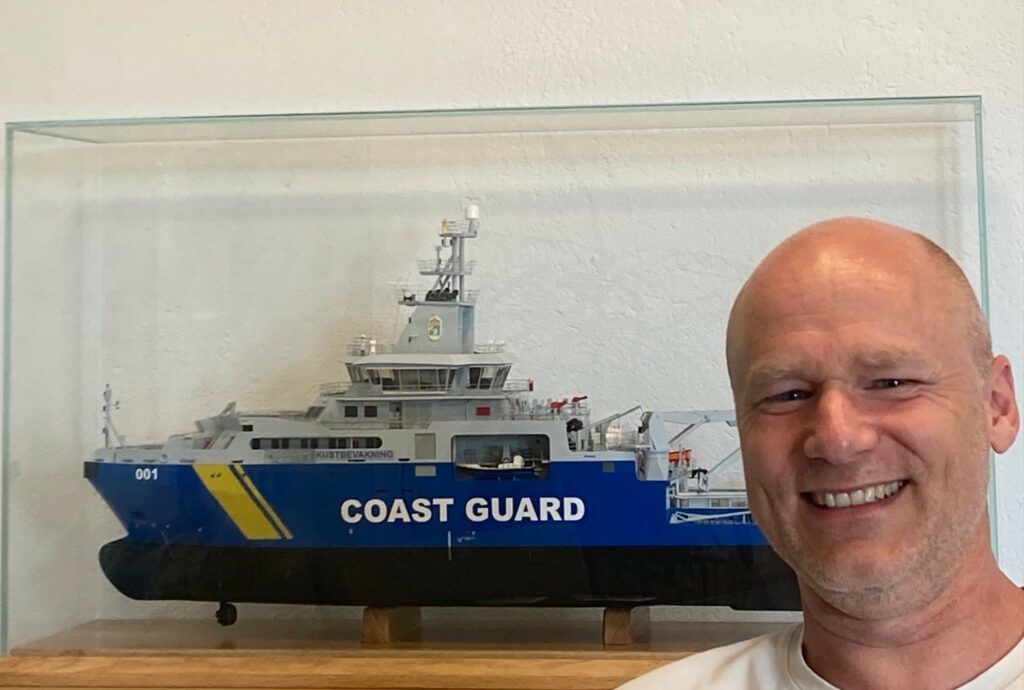
Pontus: Personally, I am interested in exploring further how Bayesian-based methods can be used for detecting different kinds of anomalies, and how we can combine different weak signals to estimate the intentions behind the observed behaviours of vessels.
It has also been very fun to program in C++ again in AI-ARC, which I haven’t done for many years.
How do you find working together as a research team on the Baltic Demonstration?
SCG: It works well, feeding each other with our individual perspective on the objectives in the project. It is nearly the same but of course there are some differences in the understanding of how things work but it helps a lot that the people from RISE developed an AI-module in our current sea surveillance system a while back. Maybe it explains in some sense that collaborating difficulties with RISE, doesn’t really exists. Working together is just great! Hopefully we will do more work together in the future.
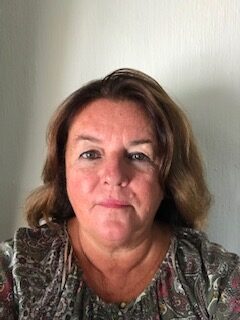
RISE: The RISE and SCG teams are very tightly integrated and share the goal of developing AI-based tools that increase the situational awareness of operators and analysts. We are continuously learning from each other, both in terms of technology and how SCG personnel think and act in their jobs.
I really look forward to seeing all the AI services analysing the same large data stream and then to see the results visualized in the Virtual Control Room.
Pontus Svenson, RISE
Can you explain what aspects of the upcoming AI-ARC Baltic demonstration you are most excited about?
SCG: I’m not thinking about it really, to be honest. Guess I’m in the zone, of all the doings and maybe it is because the stage belongs to the developers as from now on. It’s about a delivery of a functionality now and that’s not our role. But it is pretty exiting to kind of host such an event. It is easy to forget. Easy to be shortsighted. Just another joint gathering but it is pretty…amazing actually!
In the end it is interesting to see the result! Is it going to deliver? I think it will be nice to hear the point of view from the invited guests, who haven’t been with us, on the ride. Nevertheless I guess I am a bit curious about upcoming reactions and of course to see everybody in real life again! Thank you for asking this question!
RISE: I really look forward to seeing all the AI services analysing the same large data stream and then to see the results visualized in the Virtual Control Room. Since we are showing five different use cases in the Baltic demo, it will be exciting to see the details of some of the use cases where I have not been involved.
Thanks to Pontus Svenson, Daniel Larsson, Administrator, and Else Timms for taking part in this interview. The AI-ARC Baltic Demonstration takes place from the 20th to the 21st of September 2023 in Karlskrona, Sweden. For information and updates on this event and more, please stay tuned here on the AI-ARC website and on social media.
